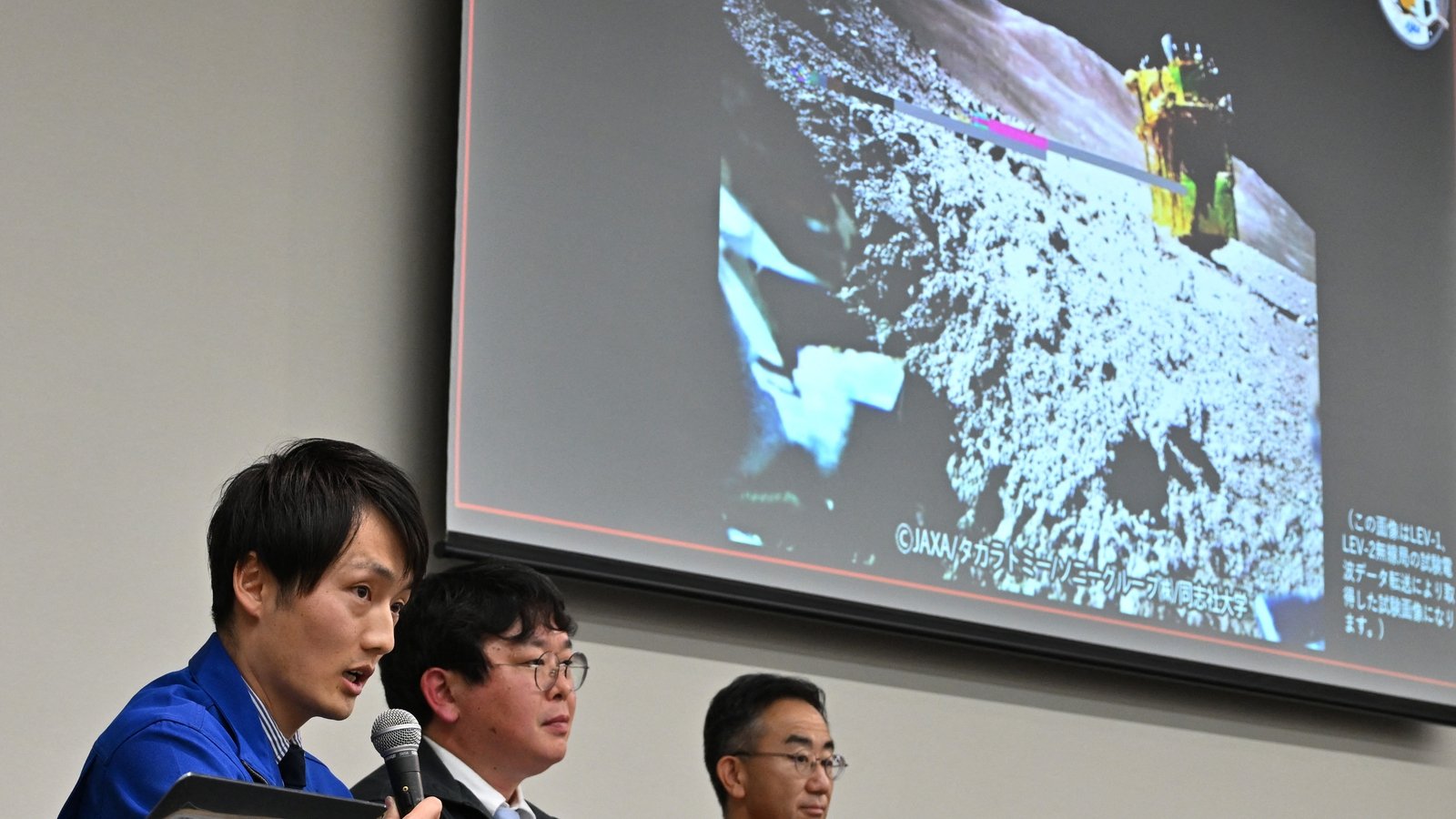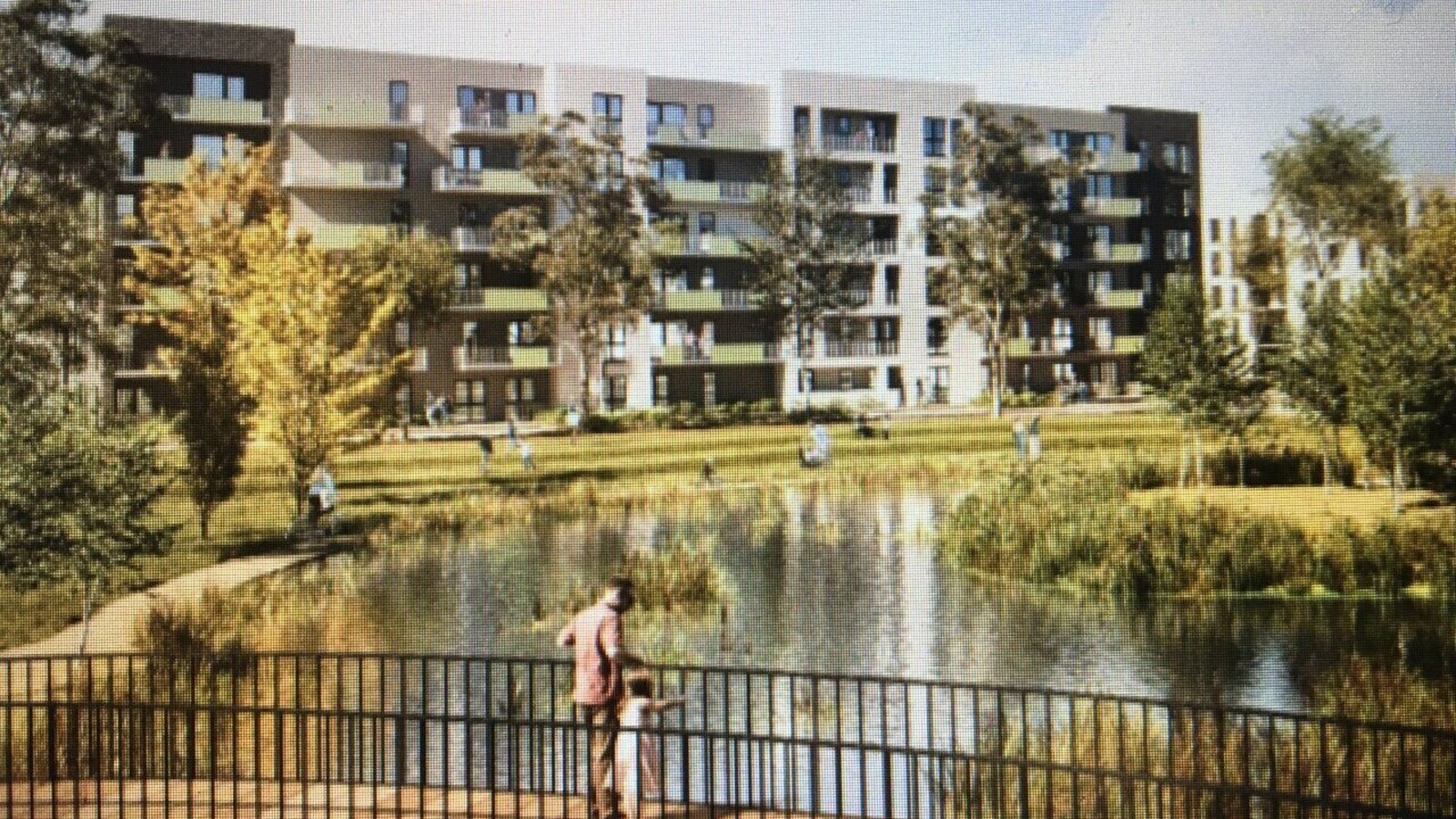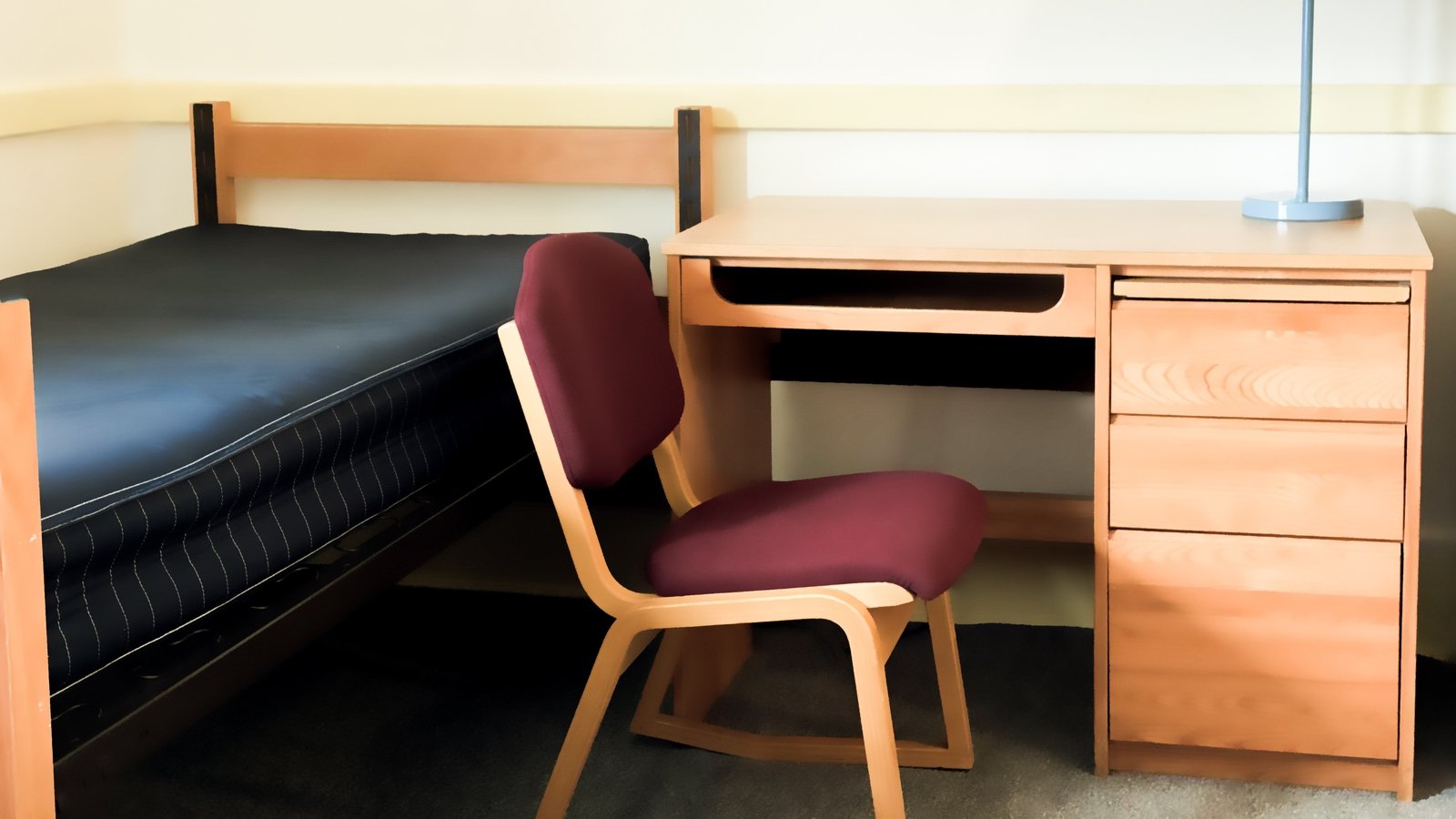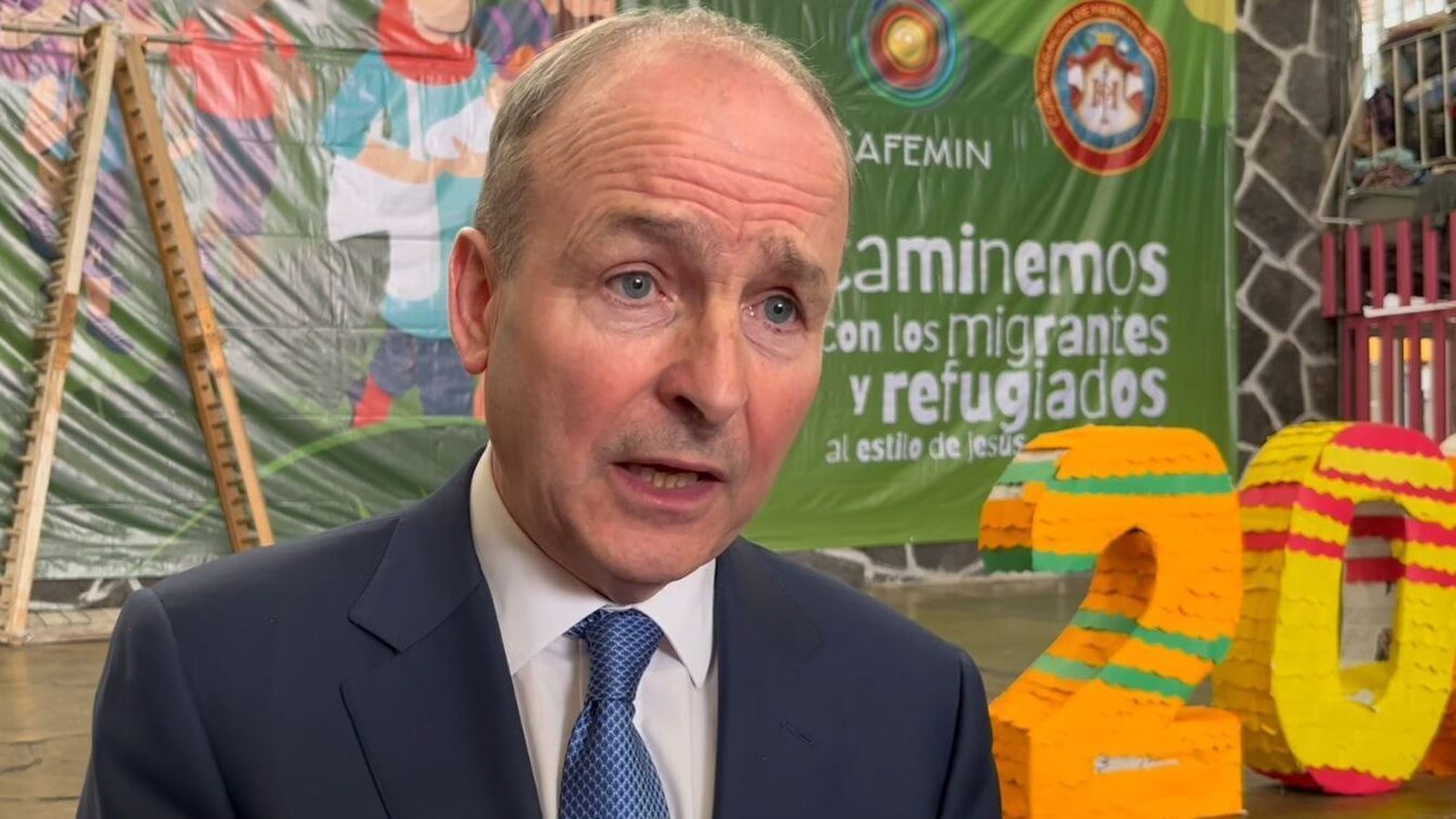US says Gaza aid pier to be operational within days

A pier built by the US military for Gaza aid deliveries will be operational “in the coming days,” the Pentagon said, after a week of bad weather delayed its installation.
With a cost of at least $320 million (€295m) the pier is aimed at boosting humanitarian access to Gaza, which has been devastated by seven months of war between Israel and Hamas.
But poor sea conditions have made it unsafe to anchor the pier on the Gaza coast, and it was instead stowed at the port of Ashdod in Israel as construction was completed last week.
Asked when the pier would be installed, Pentagon spokesman Major General Pat Ryder told reporters “in the coming days, I think you can expect to see it operational,” but declined to give a specific date.
Maj Gen Ryder added that there were US Navy destroyers in the region that could provide security assistance for the aid operation.
The Pentagon has previously said that Israeli soldiers will anchor the pier to the Gaza shore, keeping US troops off the ground.
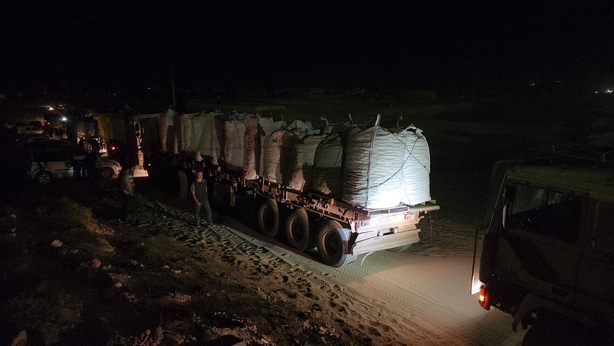
Plans for the pier were first announced by President Joe Biden in early March as Israel held up deliveries of aid by ground, worsening the dire humanitarian situation in Gaza.
Under the plans, supplies will be transported out of Cyprus on commercial vessels to a floating platform also built by the US military off the Gaza coast.
Aid will then be transferred to smaller vessels and brought to the pier on the Gaza coast and taken to land by truck for distribution.
Maj Gen Ryder said the United States and humanitarian groups were “pre-positioning aid in Cyprus to be loaded onto vessels for transport to the floating pier.”
He said the US wanted to see aid delivered into Gaza at an “increased rate,” adding it was working to open the Rafah border crossing between Israel and Egypt, which has been blocked since last week.
President Biden said last week he had delayed a shipment of bombs to Israel over concerns they might be used for a major invasion of Rafah.
Mr Biden has urged Israeli Prime Minister Benjamin Netanyahu not to invade Rafah without safeguards for civilians.
White House national security adviser Jake Sullivan told reporters on Monday that the US would continue to provide the military assistance provided in a $26 billion supplemental funding bill passed last month, but the White House paused the bombs because “we do not believe they should be dropped in densely populated cities.”
Mr Sullivan will visit Israel and Saudi Arabia this weekend. The Biden administration declined to comment on a report by Axios that Israel agreed not to expand its Rafah operation significantly before the visit.
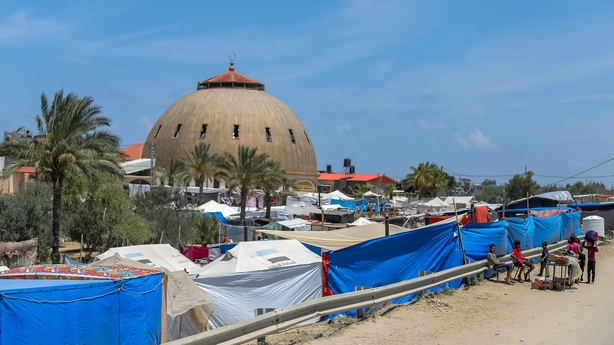
Fighting has intensified elsewhere across Gaza in recent days, including in the north, with the Israeli military returning to areas where it had claimed to have already dismantled Hamas. The clashes were the fiercest in months, residents and militant sources said.
Israeli spokesperson Rear Admiral Daniel Hagari said in a briefing that Israeli forces had killed about 100 militant fighters, located ten tunnel routes and found many weapons in Rafah since the start of the operation a week ago.
“We are operating with determination in all three parts of the Gaza Strip. Forces from the air, land and sea are simultaneously striking terrorist targets,” he said, referring to the territory’s north, centre and south.
The Gaza health ministry said that 82 Palestinians had been killed in the past 24 hours, the highest death toll in a single day in many weeks.
Fierce gun battles raged late last night in northern Gaza’s Jabalia, a sprawling refugee camp built for displaced Palestinians 75 years ago.
UN Secretary-General Antonio Guterres condemned Israel’s escalation in Rafah and Hamas’ indiscriminate firing of rockets there, his spokesperson said.
“Civilians must be respected and protected at all times, in Rafah and elsewhere in Gaza. For people in Gaza, nowhere is safe now,” Stephane Dujarric said, adding that Mr Guterres again called for an immediate humanitarian ceasefire.
In Rafah in southern Gaza, Palestinian residents saw smoke billowing above eastern districts of the city and heard explosions after Israel bombarded a cluster of houses.
Israel has ordered civilians to evacuate parts of Rafah, and UNRWA, the main United Nations aid agency in Gaza, estimates some 450,000 people have fled the city since 6 May.
Meanwhile, Lebanese state media has reported that an Israeli strike on a car in the country’s south killed two people, with a source close to Iran-backed Hezbollah saying a field commander was among the dead.
Israel and Hamas ally Hezbollah have exchanged near-daily fire following the Palestinian group’s 7 October attack on southern Israel that sparked the war in Gaza.
At least 413 people have been killed in Lebanon in seven months of cross-border violence, mostly militants but also including 79 civilians, according to an AFP tally.
Israel says 14 soldiers and ten civilians have been killed on its side of the border.
Tens of thousands of people have been displaced on both sides.


